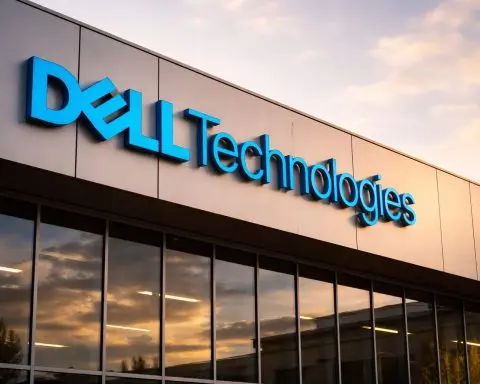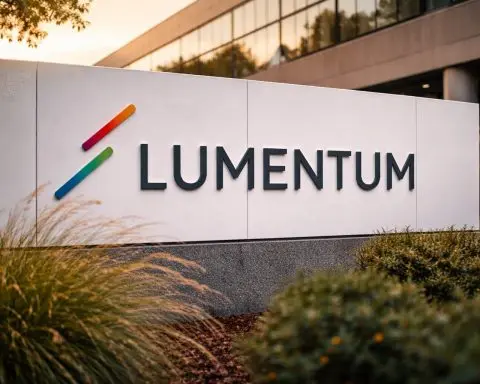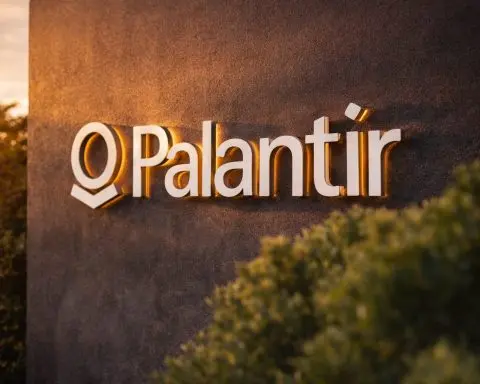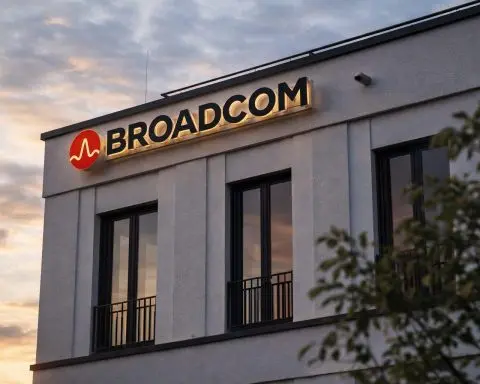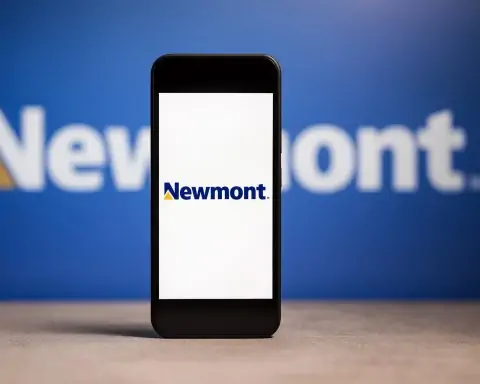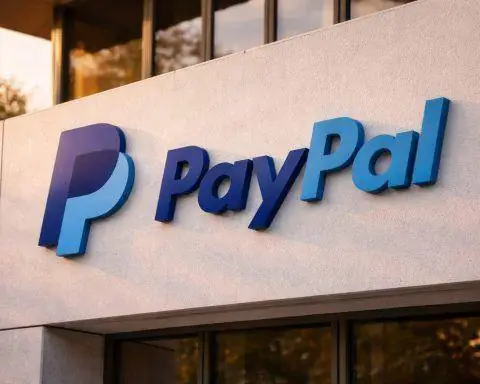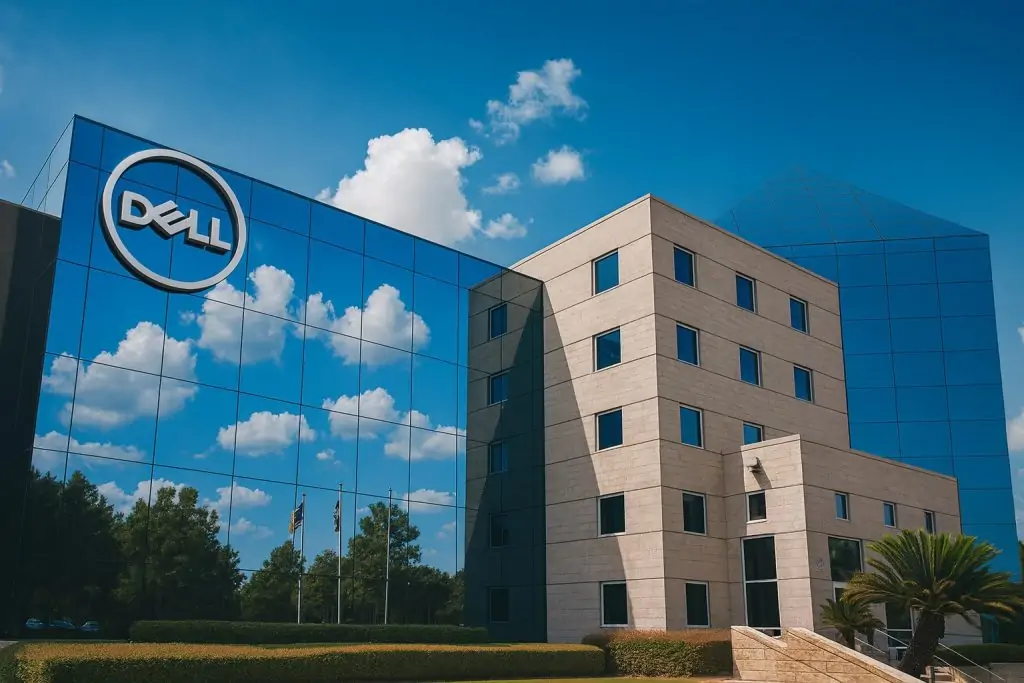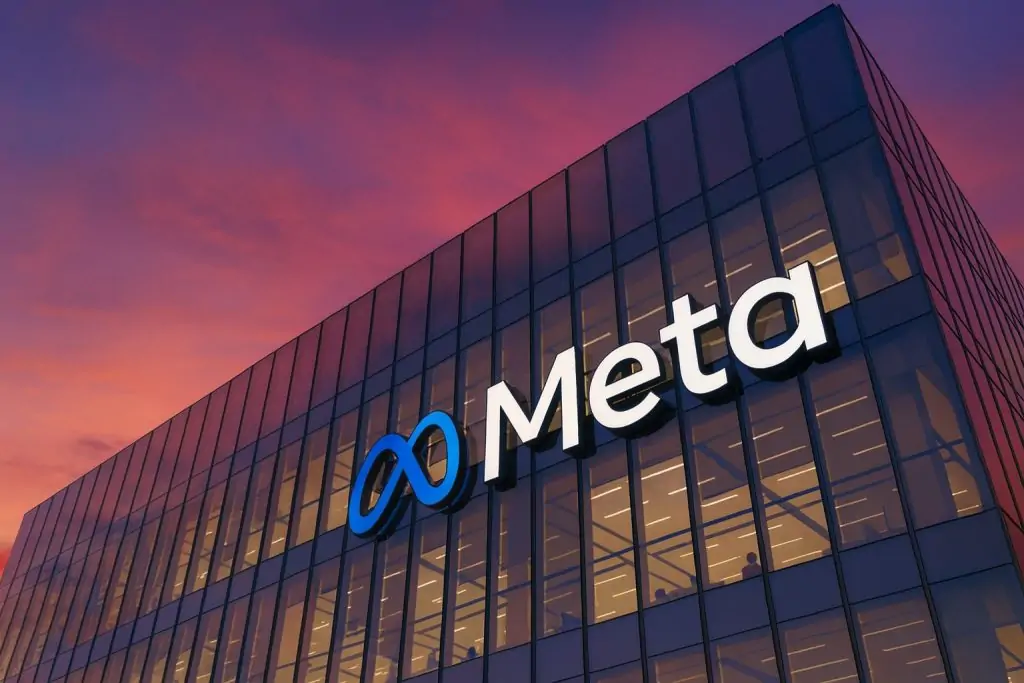New York-based fintech Ramp has vaulted to a $32 billion valuation after closing a new $300 million primary funding round led by Lightspeed Venture Partners, alongside an employee tender offer that lets staff cash out part of their equity. The deal, announced on Monday, November 17, 2025, caps one of the fastest valuation run-ups in private fintech this year and underlines how aggressively investors are now backing AI-driven “autonomous finance.” PR Newswire+1
Lightspeed leads a $300M bet on “autonomous finance”
Ramp describes itself as a financial operations platform that bundles corporate cards, expense management, bill pay, procurement, travel, accounting automation and treasury tools into a single system aimed at helping companies “spend less.” Founded in 2019 by Eric Glyman, Gene Lee and Karim Atiyeh, the startup began life as a corporate card built around savings and controls rather than rewards, before expanding into a broader finance OS for businesses. Tech Startups
The new round was led by Lightspeed Venture Partners, with participation from a long list of existing backers including Founders Fund, D1 Capital Partners, Coatue, GIC, Avenir Growth, Thrive Capital, Sutter Hill Ventures, T. Rowe Price, Khosla Ventures, ICONIQ, General Catalyst and others. New investors such as Alpha Wave Global, Bessemer Venture Partners, Robinhood Ventures and 1789 Capital are also joining the cap table. PR Newswire+2PR Newswire+2
Alongside the primary raise, Ramp ran an employee tender offer, giving staff and some early shareholders a chance to sell a portion of their holdings — a signal that the company is maturing while still remaining private. Bloomberg first reported the funding and valuation details earlier in the day. Bloomberg+1
A whiplash valuation journey: from down round to decacorn (and beyond)
Ramp’s new $32 billion price tag represents the latest spike in what has been a dramatic valuation journey:
- August 2023: Ramp raised $300 million at a $5.8 billion valuation — a down round that reflected the broader fintech reset at the time. Crunchbase News
- March 2025: Investors bought secondary shares at a $13 billion valuation. PYMNTS.com
- June 2025: A $200 million Series E round, led by Founders Fund, lifted Ramp to a $16 billion valuation. TechCrunch+1
- July 2025: Another $500 million round, led by ICONIQ, pushed the company to $22.5 billion. Reuters+1
- November 17, 2025: Today’s Lightspeed-led financing and tender offer bring the valuation to $32 billion, a roughly 42% jump from July’s level. PR Newswire+2Bloomberg+2
The trajectory means Ramp has grown its valuation by more than 5x since the 2023 down round, positioning it among the most valuable private fintechs globally and one of the standout recovery stories of the post‑2022 funding reset. Tech Startups+1
Doubling revenue and customers in a year
Alongside the valuation headline, Ramp is also touting a slate of hard metrics:
- More than $1 billion in annualized revenue, with the business generating free cash flow rather than burning through capital. PR Newswire
- Over 50,000 customers as of November 1, 2025 — double the customer count a year ago — including names like CBRE, Shopify, Anduril, Figma and Notion. PR Newswire+2PYMNTS.com+2
- Over $100 billion in annualized purchase volume flowing through the platform. PR Newswire+1
- A 133% year‑over‑year increase in enterprise customers, with more than 2,200 organizations each contributing at least $100,000 in annualized revenue. PR Newswire
The company also says that, to date, its software has helped customers save more than $10 billion and 27.5 million hours by automating manual finance workflows. PR Newswire+1
Co‑founder and CEO Eric Glyman has argued that Ramp’s value proposition shows up in real business outcomes: on average, companies that move to Ramp reduce spending by around 5% and grow about 12% faster than peers, giving the startup a clear growth‑plus‑efficiency pitch at a time when CFOs are under pressure to do more with less. PYMNTS.com+1
AI agents move from buzzword to business driver
A key reason for investor enthusiasm is Ramp’s aggressive shift into AI agents — software agents that autonomously perform finance tasks such as enforcing policies, routing approvals, paying invoices and flagging fraud.
Over the last few months, Ramp has rolled out:
- Agents for Controllers (July), focused on closing the books faster, chasing receipts and keeping ledgers clean.
- Agents for AP (October), aimed at automating accounts payable workflows and eliminating manual invoice handling. PR Newswire+1
In October alone, Ramp says its AI agents:
- Made over 26 million individual decisions across more than $10 billion in company spend.
- Blocked more than 511,000 out‑of‑policy transactions, which the company says worked out to just under $291 million in avoided spending.
- Automatically moved millions of dollars of idle cash into interest‑bearing accounts.
- Blocked a $49,000 AI-generated fake invoice that slipped past a customer’s other checks.
- Found cheaper travel options for at least one customer, saving over $100 on a single trip. PR Newswire+2PYMNTS.com+2
Internally, Ramp has framed this as a march toward “autonomous finance” by 2028 — a model in which most routine work that once required full finance teams is handled by AI agents, and humans step in only for judgment calls and strategy. Customers quoted in coverage say they’ve seen month‑end close timelines shrink dramatically and policy enforcement improve, as AI reviews transactions continuously instead of relying on spot‑checks. Tech Startups+2Future Nexus+2
Why Lightspeed and others are doubling down now
The new round also underscores how major venture firms are re‑risking into late‑stage AI and fintech after a painful couple of years. Lightspeed, one of the most active backers of high‑growth tech and AI companies globally, is anchoring a syndicate of nearly 90 investors in this deal. Tech Startups+1
Several dynamics make Ramp particularly attractive in this environment:
- Profitability plus growth: Unlike many late‑stage startups, Ramp is pointing to meaningful revenue, rapid growth and free cash flow — a combination that supports a richer valuation multiple. PR Newswire+1
- Large, under‑automated market: Corporate spend, payables, procurement and travel collectively represent trillions in annual flows, much of it still managed in spreadsheets and legacy systems.
- AI-native product surface: Because Ramp already sits on top of transaction data, invoices, contracts and travel bookings, its AI agents have rich, real‑time datasets to act on, increasing the impact of automation. Tech Startups+2GlobalFinTechSeries+2
In effect, investors are betting that AI‑driven finance tools can become as central to a company’s operations as its CRM or cloud infrastructure — and that Ramp is far enough ahead in product and distribution to defend its lead.
Competitive landscape: can rivals keep pace?
Ramp operates in a crowded field of spend management and corporate card providers, competing with firms like Brex, Airbase and Navan, along with embedded offerings from banking and software platforms. But recent coverage notes that rivals have struggled to match both Ramp’s rapid shipping cadence and its full‑stack approach, which bundles cards, AP automation, procurement, travel and treasury in a single platform. Tech Startups+1
This “all-in-one finance OS” positioning — strengthened by acquisitions such as procurement startup Venue and partnerships like its travel integration with Priceline — creates a stickier product for mid‑market and enterprise customers, who prefer consolidating vendors rather than stitching together point solutions. Tech Startups
If that strategy works, Ramp’s AI agents don’t just automate existing workflows; they become the default orchestration layer for how money moves through a company, from initial card swipe to general ledger.
Beyond startups: public sector pilots and IPO whispers
Ramp’s ambitions now extend beyond startups and tech companies:
- The company has started piloting its technology with the U.S. General Services Administration’s SmartPay program, a major gateway for federal payments and corporate card usage, bringing its analytics and policy tools into public‑sector workflows. Tech Startups
- Industry observers note that a $32 billion valuation, profitability and repeated late‑stage rounds put Ramp firmly in pre‑IPO territory, even though the company hasn’t publicly committed to a listing timeline. Reporting suggests that anticipation of an eventual offering — and the need to provide liquidity to long‑time employees and investors — helped shape today’s tender offer. Tech Startups+1
With today’s financing, Ramp also says it plans to accelerate hiring across sales, marketing, product and engineering, invest further in AI agents and push deeper into the enterprise and public‑sector markets. Tech Startups+1
What Ramp’s $32B valuation signals for fintech and AI
Ramp’s leap to a $32 billion valuation sends several clear signals to the market:
- Fintech is back — if it’s AI‑native and efficient. The funding environment remains tough for undifferentiated fintechs, but platforms that combine strong unit economics with clear AI leverage are attracting premium valuations again. FintechNewsCH+1
- AI agents are graduating from experiments to infrastructure. Finance leaders are increasingly comfortable letting AI make real decisions — blocking transactions, moving cash and enforcing policy — rather than just generating insights. Ramp’s October metrics offer an early proof point at scale. PR Newswire+2PYMNTS.com+2
- The race for “autonomous finance” is on. With fresh capital, Ramp now has more room to widen its product moat. Competitors will need to respond not just with new features, but with similarly deep automation that actually changes how finance teams work day to day. Tech Startups+1
For now, the company’s message is straightforward: finance teams shouldn’t have to choose between tight control and fast growth. If Ramp can keep proving that its AI agents make companies leaner, safer and faster-growing at the same time, today’s $32 billion valuation may be a milestone rather than a peak.

